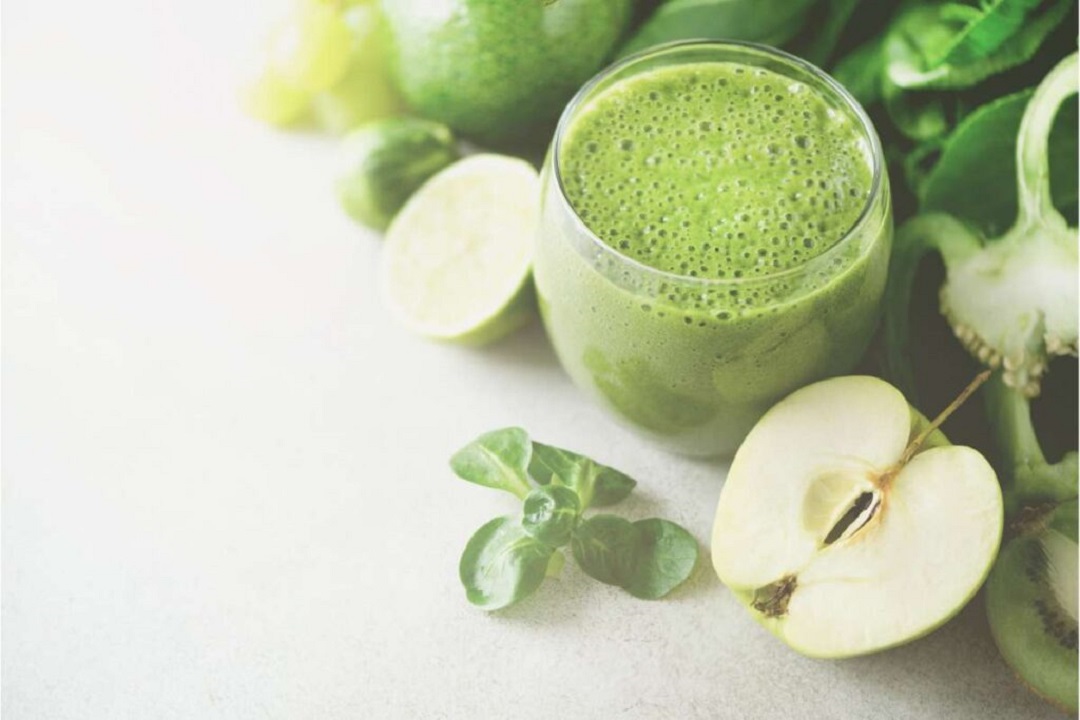What is Bloom Nutrition
Bloom nutrition, also known as bloom feed or bloom booster, is a specialized type of plant fertilizer designed to support flowering and fruiting plants during their reproductive stages. Just like humans need specific nutrients for growth and development, plants also have unique nutritional requirements at different stages of their life cycle. Bloom nutrition is tailored to provide plants with the essential nutrients they need to produce vibrant flowers, abundant fruits, and healthy seeds.
Understanding Bloom Nutrition
When plants transition from the vegetative phase to the flowering phase, their nutritional needs change. During the flowering stage, plants require higher levels of certain nutrients, particularly phosphorus and potassium, to support flower formation, pollination, and fruit development. Bloom nutrition products are formulated with elevated levels of these essential nutrients, along with other micronutrients and trace elements, to promote robust blooming and fruit set.
Key Nutrients in Bloom Nutrition
- Phosphorus: Phosphorus plays a crucial role in energy transfer and cell division, making it essential for flower and fruit development. Bloom fertilizers contain higher concentrations of phosphorus to stimulate blooming and enhance flower size and quality.
- Potassium: Potassium helps regulate water uptake and nutrient transport within the plant, contributing to overall growth and vigor. In bloom nutrition formulations, potassium promotes flower retention, improves fruit quality, and enhances plant resilience to environmental stressors.
- Micronutrients: In addition to phosphorus and potassium, bloom nutrition products may contain micronutrients such as calcium, magnesium, sulfur, iron, and zinc, which are essential for various physiological processes in plants. These micronutrients ensure balanced nutrition and support optimal flowering and fruiting.
Benefits of Bloom Nutrition
Using bloom nutrition supplements offers several advantages for gardeners and growers:
- Enhanced Flowering: Bloom boosters stimulate prolific flowering and prolong the blooming period, resulting in more abundant and colorful blooms.
- Increased Fruit Production: By providing plants with the nutrients they need for fruit development, bloom nutrition can significantly increase fruit yield and quality.
- Improved Plant Health: Balanced nutrition supports overall plant health and resilience, reducing the risk of nutrient deficiencies, diseases, and pest infestations.
- Faster Growth and Development: Plants supplied with adequate nutrients grow faster, produce larger flowers and fruits, and reach maturity more quickly.
How to Use Bloom Nutrition
To maximize the benefits of bloom nutrition, follow these guidelines:
- Choose the Right Product: Select a bloom nutrition formula specifically formulated for flowering and fruiting plants. Look for products with balanced nutrient ratios and high-quality ingredients.
- Follow Application Instructions: Apply bloom nutrition supplements according to the manufacturer’s recommendations, taking into account the plant species, growth stage, and environmental conditions.
- Monitor Plant Response: Pay attention to how your plants respond to bloom nutrition treatments. Adjust the dosage or frequency of application based on plant growth and visual indicators of nutrient deficiencies or excesses.
- Integrate with Regular Feeding Schedule: Incorporate bloom nutrition into your regular fertilization routine, alternating with general-purpose fertilizers during the growing season to meet plants’ changing nutritional needs.
- Avoid Overfeeding: While bloom nutrition is beneficial for flowering and fruiting plants, excessive fertilization can lead to nutrient imbalances or toxicity. Use caution and avoid overfeeding to prevent adverse effects on plant health.
FAQs (Frequently Asked Questions)
What is the best time to apply bloom nutrition?
Bloom nutrition should be applied during the flowering stage of plant growth, typically when flower buds begin to form. Start using bloom boosters once plants have established a healthy root system and are actively producing flowers.
Can I use bloom nutrition on all types of plants?
Bloom nutrition is primarily intended for flowering and fruiting plants, including annuals, perennials, vegetables, fruits, and ornamental flowering plants. Avoid using bloom boosters on non-flowering plants or during the vegetative growth phase.
How often should I apply bloom nutrition?
The frequency of bloom nutrition application depends on factors such as plant species, growth rate, and environmental conditions. Follow the manufacturer’s recommendations for application frequency, typically ranging from weekly to biweekly during the flowering stage.
Can bloom nutrition be used in hydroponic systems?
Yes, bloom nutrition products are suitable for use in hydroponic systems, providing essential nutrients to plants grown in soilless mediums such as rockwool, coco coir, or hydroponic solutions. Choose hydroponic-friendly formulas for optimal nutrient uptake and plant performance.
Are there organic options for bloom nutrition?
Yes, organic bloom nutrition products are available for gardeners seeking natural and sustainable alternatives. Look for organic-certified fertilizers made from plant-based or mineral-derived ingredients, free from synthetic chemicals and additives.
In conclusion, bloom nutrition plays a vital role in supporting healthy flowering and fruiting plants, providing essential nutrients for robust growth, abundant blooms, and bountiful harvests. By incorporating bloom nutrition supplements into your gardening routine and following best practices for application, you can cultivate thriving plants and enjoy the beauty and bounty of your garden.





